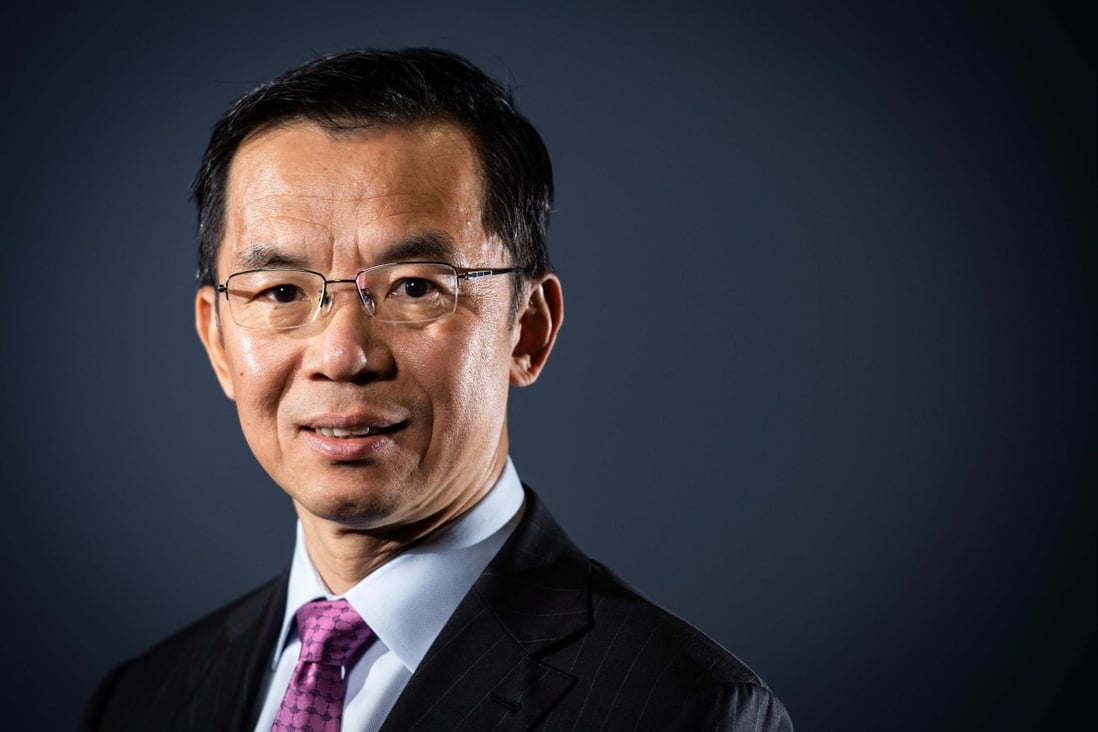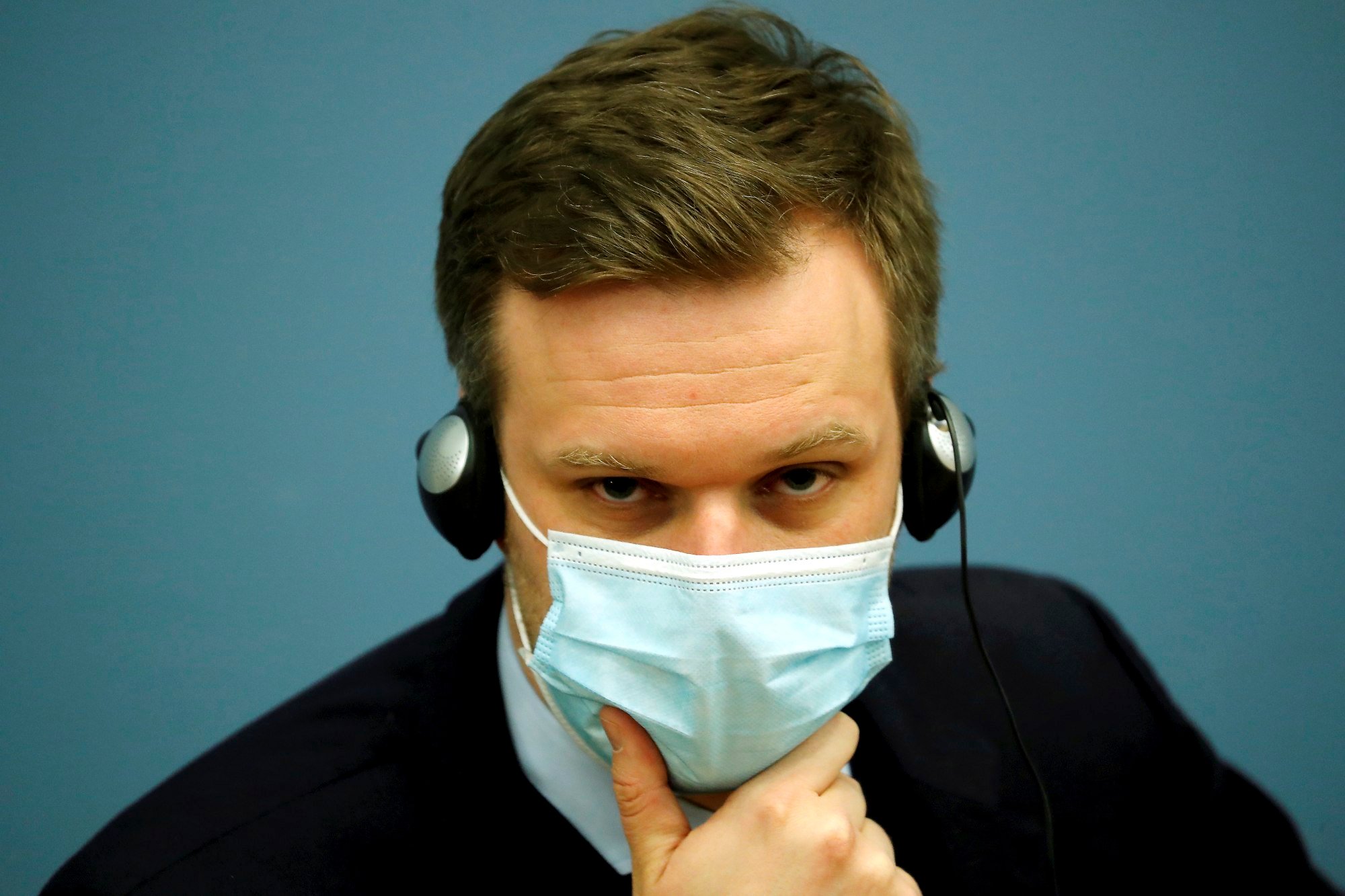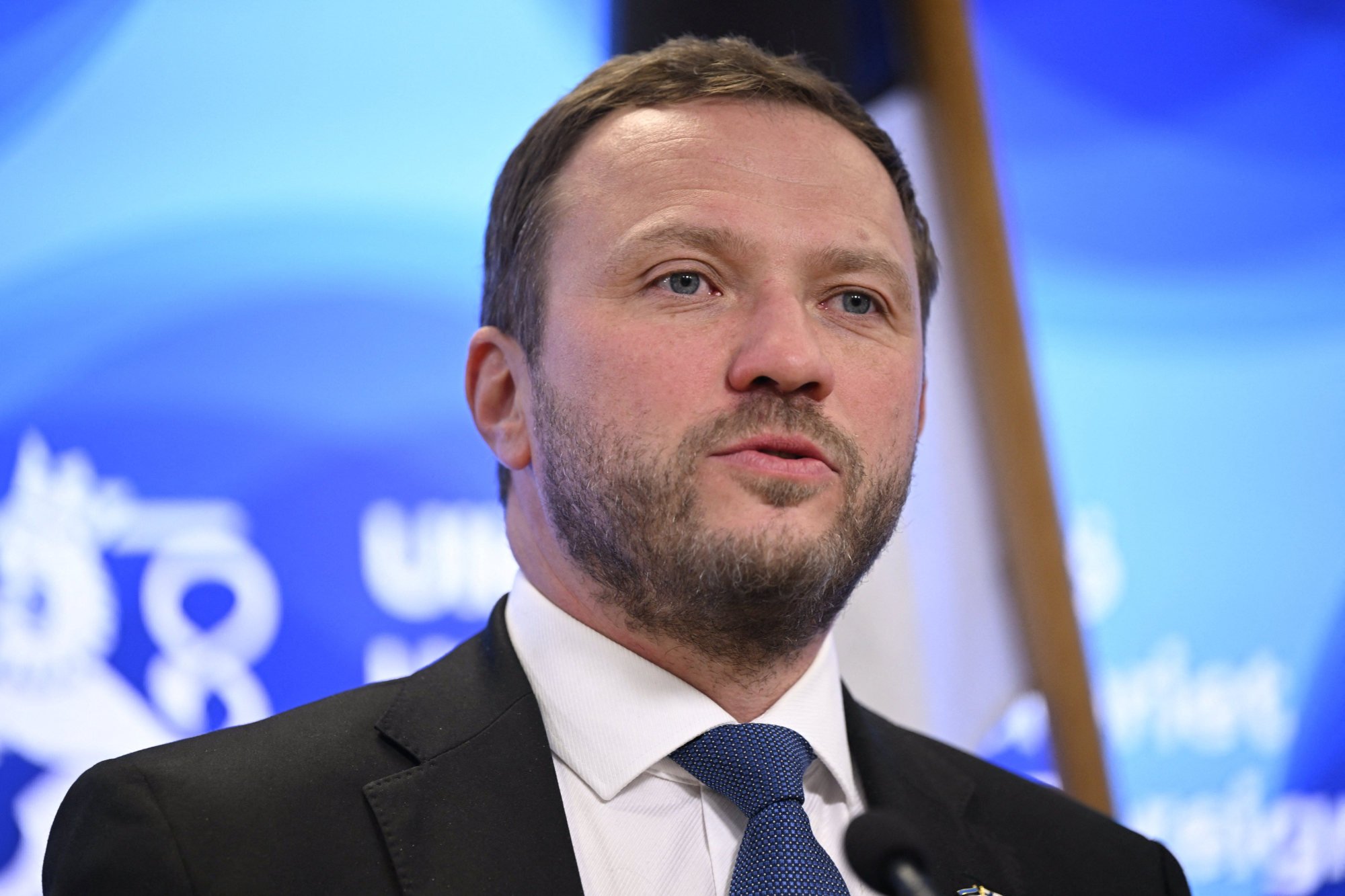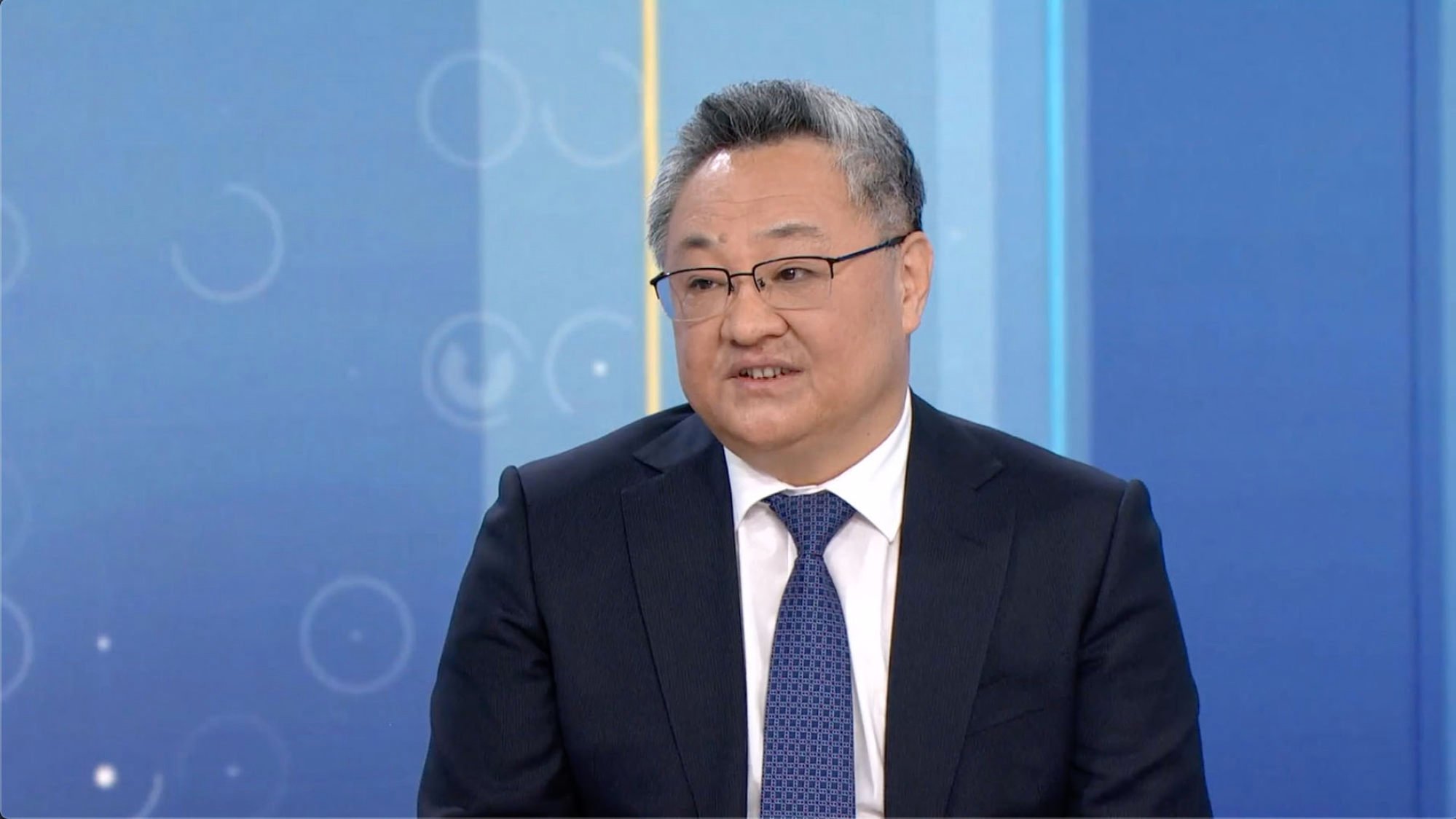Re <<a ... case>>
new controversy.
Needless to repeat, but I do, that I remain agnostic re the the wherefrom's and whereto's, and the why why why's, except to mention that perhaps best had the three Baltic entities held true re Republic of CHINA being part of CHINA. Just an observation.
W/r to the Republic of China, presidential election season coming upright across summer, and so far looking good, or bad, depending on PoV. 2024 elections in RoC and USA likely be quite consequential to war / peace, and of the two, RoC takes pole position, a guess. So, soon we must watch that arena, September 2023 - March 2024.
scmp.com
Baltic countries fume as China’s envoy in France questions sovereignty of post-Soviet states
- China’s ambassador to France, Lu Shaye, said former Soviet republics have no “effective status” in international law
- His comments infuriated the three Baltic states, which are former Soviet republics and current members of the European Union
Finbarr Bermingham in Brussels
Published: 2:42am, 23 Apr, 2023

China’s Ambassador to France Lu Shaye, in a recent interview on French television, also hedged when asked whether Crimea – a Ukrainian territory annexed by Russian forces – was part of Ukraine. Photo: AFP
Estonia, Latvia and Lithuania have demanded answers from Beijing, after a senior Chinese diplomat questioned the sovereignty of post-Soviet states.
In an interview with French network TF1, Lu Shaye, China’s ambassador to France, said former Soviet republics have no “effective status” in international law.
“In international law, even these ex-Soviet Union countries do not have the status, the effective status in international law, because there is no international agreement to materialise their status of a sovereign country,” Lu said, in an interview broadcast on Friday.
His comments drew fury from the Baltic states, all three of which are former Soviet republics and current members of the European Union.

Lithuanian Foreign Minister Gabrielius Landsbergis said the comments by Lu Shaye, China’s ambassador to France, help explain why the Baltic States don’t trust China to broker peace in Ukraine. Photo: EPA-EFE
Each will summon the top Chinese diplomat in their respective capitals, said Edgars Rinkevics, the Latvian foreign minister.
“Taking into account the unacceptable statements of the Chinese ambassador in France about international law and national sovereignty, the Ministry of Foreign Affairs of Latvia has summoned the authorised charge d’affaires of the Chinese Embassy in Riga to provide explanations on Monday. This step is coordinated with Lithuania and Estonia,” Rinkevics wrote on Twitter.
He had earlier said that the remarks were “completely unacceptable”, and that Riga demanded an “explanation from the Chinese side and [a] complete retraction of this statement”.
The row comes ahead of a meeting of EU foreign ministers in Luxembourg on Monday, at which EU-China relations will be discussed.
It also comes at a time when EU members are divided on whether to continue leaning on China to help end Russia’s invasion of Ukraine.
French President Emmanuel Macron has led efforts to engage China, travelling to Beijing this month to try to get President Xi Jinping to use his influence on Russian counterpart Vladimir Putin to end the war – but those efforts have thus far failed.
Macron’s approach has stoked controversy, particularly in the Eastern flank of the EU, where capitals are generally more hawkish towards Russia and China.
“If anyone is still wondering why the Baltic States don’t trust China to ‘broker peace in Ukraine’, here’s a Chinese ambassador arguing that Crimea is Russian and our countries’ borders have no legal basis,” tweeted Lithuanian Foreign Minister Gabrielius Landsbergis.

Estonia’s Foreign Minister Margus Tsahkna described the Chinese ambassador’s remarks as “incomprehensible”. Photo: Reuters
Margus Tsahkna, Estonia’s Foreign Minister, told local media outlet Delfi that “it is sad that a representative of the People’s Republic of China holds such views. Such a position is incomprehensible.”
In the same interview, Lu prevaricated when asked whether Crimea – a Ukrainian territory annexed by Russian forces – was part of Ukraine.
“It depends on how you perceive the problem,” Lu said, adding when pressed by journalist Darius Rochebin that “it’s not that simple” and that Crimea was “Russian at the beginning”.
China officially recognised Ukraine’s borders – including Crimea – in December 1994, as part of a denuclearisation agreement that saw Kyiv give up the world’s third largest nuclear arsenal in exchange for security assurances from capitals including Beijing.
Ukraine’s ambassador to France responded by saying there is “no room for ambiguity, Crimea is Ukraine”.
“Test question ‘Who owns Crimea?’ is revealing as usual. Next time it will be good to expand ‘who owns Vladivostok?’,” added Vadym Omelchenko in a Twitter post.
“The Soviet empire no longer exists. The story moves forward,” in Europe, which have attempted to downplay the closeness of Beijing’s ties with Moscow.
In a recent interview with the South China Morning Post, China’s ambassador to the EU, Fu Cong, said that there was too much focus on the “no limits” partnership agreed to by the Russian and Chinese leaders in February 2022.

Fu Cong, China’s ambassador to the European Union, said there was too much focus on the “no limits” partnership agreed to by the Russian and Chinese leaders in February 2022.
“Those words can be used also in our relationship with the EU. We are ready to say that we have no limits between our relations either,” Fu said. He later told The New York Times that “‘no limit’ is nothing but rhetoric”.
Throughout his time in Paris, Lu – seen in Europe as the archetypal “wolf warrior” diplomat – has been unafraid to stoke controversy.
Last year, in an interview with French broadcaster LCI that focused on the fallout from former US House Speaker Nancy Pelosi’s controversial visit to Taiwan, Lu said re-education would be required because the government in Taipei had “indoctrinated and intoxicated” the population with anti-Chinese education.
“Why do I say ‘re-educate’? Because the authorities of Taiwan have made an education of ‘desinicisation’ on its population, which is effectively indoctrinated and intoxicated. It must be re-educated to eliminate separatist thought and secessionist theory,” Lu said.
At the peak of the pandemic, Lu was summoned by the French foreign ministry after a blog post published by his embassy accused the West of recklessly handling the Covid-19 outbreak. He was particularly critical of reports that health workers in France had left elderly people in nursing homes to die. |








